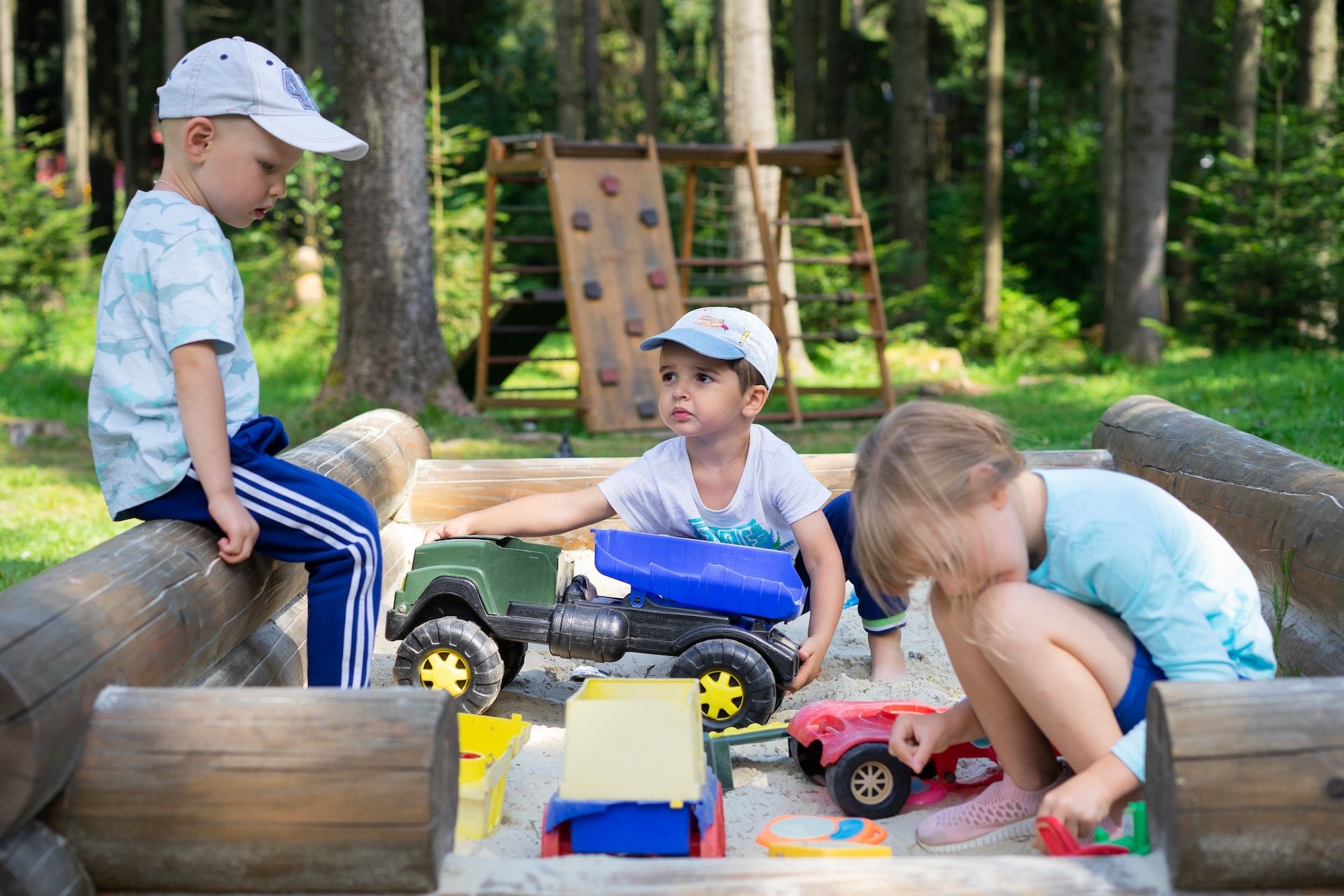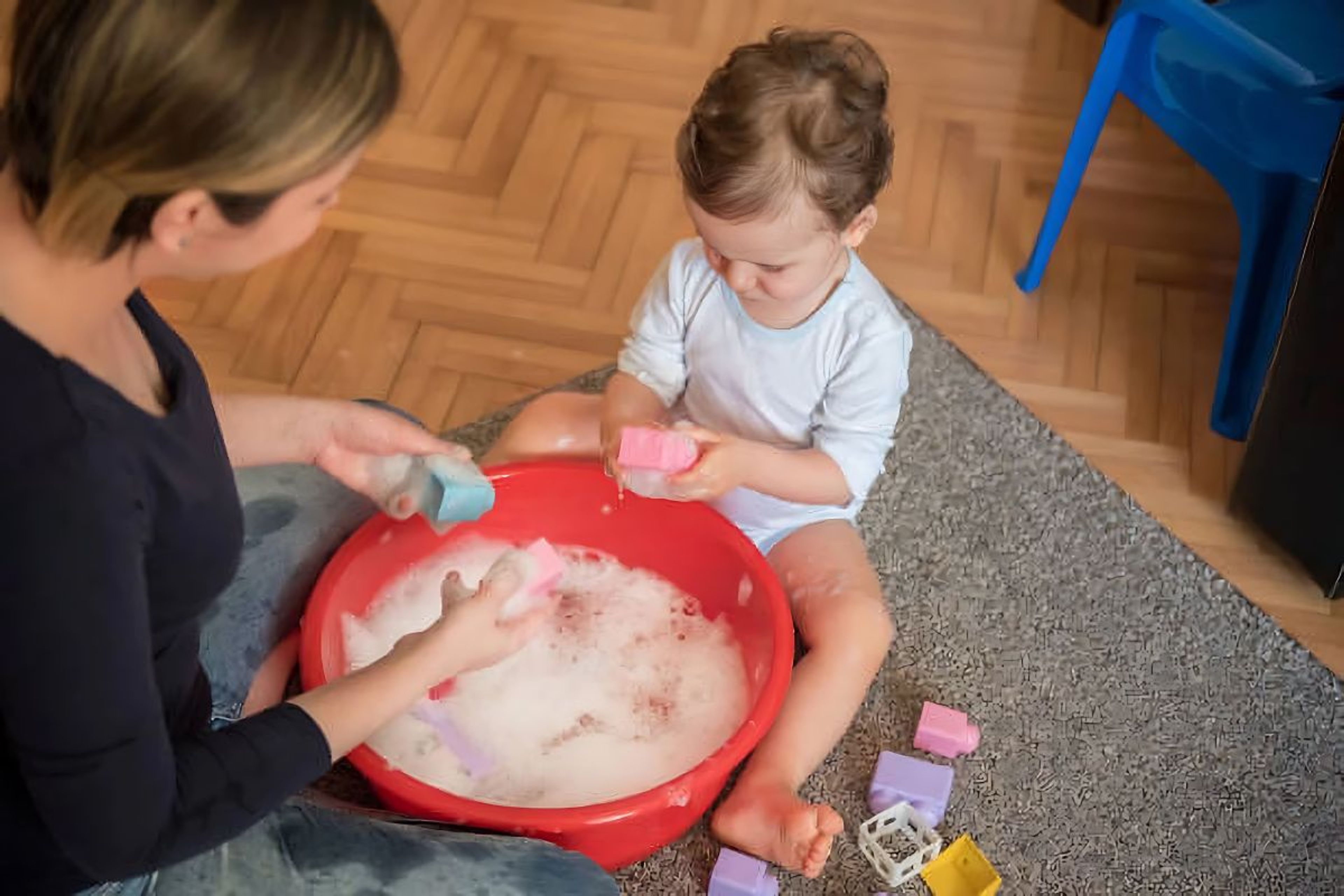The Power of Pretend Play: Shaping Your Child's Social Skills

Did you know that engaging in pretend play is not just fun for your child, but can also play a crucial role in their social skills development?
Pretend play can be seen as your child's very own "social skills training ground."
Let's dive into the fascinating world of pretend play and discover how it can help shape and strengthen your child's social skills.
Understanding Pretend Play
Pretend play is a type of imaginative play that involves children taking on roles or scenarios that are different from their real-life experiences. Some common forms of pretend play include playing house, dress-up, and acting out stories or scenes.
Pretend play: the magical world where children's imaginations come to life and their social skills begin to flourish.
Pretend play stimulates imagination and creativity in children, allowing them to explore new ideas, gain new perspectives, and role-play different situations.
As they engage in these activities, they form connections between their actions and consequences, which in turn strengthens their cognitive development and problem-solving skills.
The Importance of Social Skills
Can you picture a life without social skills? In today's interconnected world, the importance of social skills cannot be overstated. They play a vital role in a child's overall development, affecting their communication, relationships, and future success.
Social skills are the foundation of a child's ability to interact with others, and they begin developing from birth. As children grow older, their social skills become more complex and refined. They learn how to share, take turns, cooperate with others, and resolve conflicts. These abilities help them build relationships with peers and adults alike.
Developing strong social skills, children build a foundation for successful interpersonal relationships and a more fulfilling social life. It also affects their academic and professional trajectories. Pretend play is crucial in helping kids understand, learn, and practice social skills in a fun and engaging way.
Examples of Pretend Play and Social Skills
Pretend play is a great way to help kids develop their social skills. It allows them to practice and learn about different roles, situations, and emotions in a safe environment.
For more insights on how play impacts development, check out our article on early childhood development.
Here are some examples of pretend play that can help children develop their social skills:
- Playing house: Children learn about sharing, cooperation, and taking care of others, as they imitate their parents or caregivers.
- Doctor and patient: This pretend play scenario teaches empathy, compassion, and communication skills, as children take turns being the doctor and patient.
- Supermarket or restaurant: Kids learn the importance of turn-taking, polite conversation, and decision-making while immersing themselves in imaginary scenarios.
- Playing with dolls: Children learn about friendship, empathy, and communication as they pretend to be parents or caregivers.
- Playing school: Kids practice listening skills, following directions, and taking turns while playing teacher and student.
- Playing with cars or trucks: This pretend play scenario teaches children about sharing, cooperation, and caring for others. For more ideas on motor skills development through play, see our guide on best toys for motor skills.
By carefully observing these pretend play scenarios, one can easily witness the incredible benefits that they bring in shaping and nurturing a child's social abilities. For more specific play ideas, explore our article on creative play.
Pretend play also provides an opportunity for children to practice problem-solving skills as they work through different scenarios with their peers.
Tips and Advice for Encouraging Pretend Play
Pretend play is a natural part of childhood, and it's important for parents to encourage their children to engage in this type of activity. It helps kids develop their imagination, creativity, and social skills.
Here are some practical suggestions for parents to promote pretend play in their children:
Create a Conducive Environment
Set up a corner of your home dedicated to pretend play. Provide a variety of age-appropriate toys, props, and costumes that can inspire their imagination. For toy recommendations, check out our guides on clean wooden toys and sustainable educational toys.
Engage with Your Child
Get involved in your child's pretend play by taking on various roles and scenarios. This not only supports their creativity but also helps nurture your bond with them. Allow your child to choose what they want to play with, but also provide suggestions if they seem unsure of where to start.
Think Aloud
Model the process of thinking aloud during pretend play, discussing the character's feelings and emotions. This will encourage your child to develop empathy and understanding.
Incorporate Pretend Play in Daily Life
Here are some tips how you can integrate pretend play into your child's everyday routine and environment.
-
Incorporate it into daily chores: Turn mundane tasks into fun pretend play sessions. For instance, washing the dishes can become a pirate treasure hunt, or helping with the laundry can transform into a fashion show.
-
Utilize it in different environments: Create opportunities for pretend play at home, during social gatherings, or at playgrounds, allowing your child to practice their social skills in various contexts.
The Role of Pretend Play in Child Development
Pretend play contributes profoundly to a child's development in several ways. For instance, it boosts language development, as children learn new words, practice sentence formation, and engage in conversations.
Additionally, pretend play enhances problem-solving skills as kids experiment with different approaches and solutions in novel situations.
Moreover, pretend play fosters emotional intelligence and self-regulation. As they role-play different scenarios, children learn to recognize and process their emotions, as well as those of others.
Conclusion
In this journey through the enchanting world of pretend play, we've unlocked the secrets of how it can shape and strengthen your child's social skills.
The importance of pretend play in a child's overall development, from cognitive and language growth to emotional intelligence and interpersonal relationships, cannot be emphasized enough.
So, embrace the magic of pretend play with your little one. Not only will you be nurturing their social abilities, but you'll also be creating priceless memories together!




